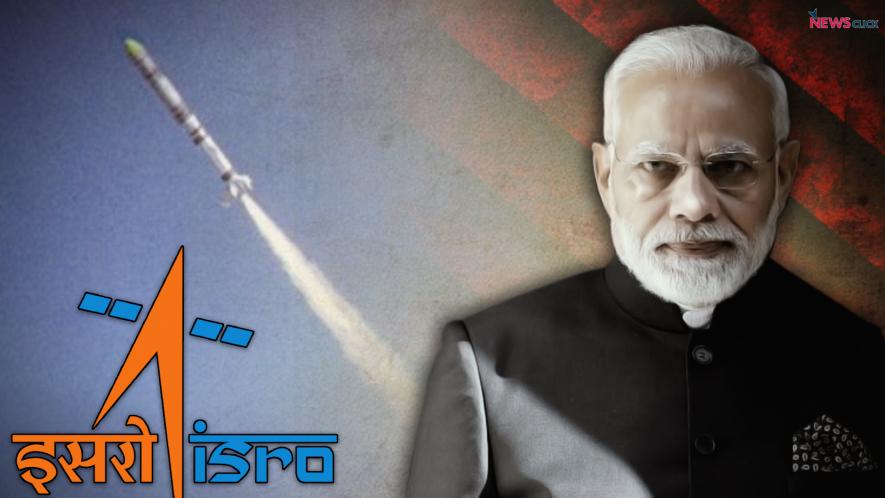India’s Anti-Satellite Missile Demonstration

In a dramatic announcement typical of PM Modi, he announced in a surprise live telecast at around 12:24 PM today that India had successfully shot down one of its own satellites, becoming the fourth country after the US, Russia and China to acquire and demonstrate this capability. With the usual bombast, he declared that this was one of those moments of “utmost pride” and one which will have “impact for generations to come.”
Various Ministers and other ruling party leaders have been quick with hyperbolic responses, with Nitin Gadkari proclaiming that India was now “not only an economic superpower but also a science superpower,” both highly exaggerated claims, and the irrepressible Subramaniam Swamy claiming somewhat incongruously that now Pakistan’s fighter aircraft would be blinded! Since general elections are around the corner, such theatrics may of course be expected and citizens may be excused if they view the timing of the test with some degree of suspicion. Whereas little detail is available at this time, a brief sketch of what we do know may help a more dispassionate view.
Early attempts by the US and the then Soviet Union tried to use fighter aircraft armed with missiles to shoot down satellites, of course using their own country’s orbiting craft as surrogate targets substituting for the “enemy’s”. Subsequently, both used land-based missiles for the purpose with both the countries having demonstrated their capability and anti-satellite (ASAT) weapons systems by the mid-1980s. China followed suit in 2007. As may be imagined, these ASAT systems used very similar rockets and targeting systems as the medium or long range anti-missile systems of these nations. In India’s case, since the PM announced that the target satellite had been shot down at an altitude of 300 km, it appears that the ASAT system developed may be part of the Agni medium-range missile systems which too have similar altitude capability.
Also Read: ISRO Puts Sharp-Eyed HysIS, 30 Foreign Satellites Into Orbit
India had noted the Chinese test with some alarm and, within a month, had announced its own ASAT programme in 2007 itself. The programme was formally set up in 2010 under the then UPA government with a tri-service “Integrated Service Cell” along with the Indian Space Research Organisation (ISRO). Once again, we find PM Modi claiming unique success and achievement under the government he heads, and refusing even to acknowledge the stewardship of previous governments and the historical legacy of scientific and technological efforts he has inherited. ASAT systems require not only the missile launchers of sufficient power but also accompanying radar and tracking systems, guidance systems, warheads and so on, all of which have been developed by ISRO and other Indian agencies over the years.
Since the inception of India’s attempts to develop ASAT systems, broader questions have also been raised and India will need to squarely face up to these in the months and years to come. Firstly, the demonstration pre-empts any discriminatory multi-lateral agreement between big powers that may have prevented India from acquiring such capability or face sanctions if it did. Second, the issue of space debris. The Chinese test is reputed to have resulted in around 2,500 pieces of space debris, some of which may have been instrumental in the destruction of a Russian satellite some time later. India is a member of the Inter-Agency Space Debris Coordination Committee and will have to satisfy the body that it is adopting good practices. Finally, it is noteworthy that PM Modi’s statement underlined India’s “opposition to the weaponisation of space and commitment to all international treaties,” and India will have to do much to reassure other nations in this regard. Jingoistic statements and boasting about advancing military capabilities against this or that neighbour will not help.
Read More: Will We Ever Know the Truth about the Balakot Air Strike?
Get the latest reports & analysis with people's perspective on Protests, movements & deep analytical videos, discussions of the current affairs in your Telegram app. Subscribe to NewsClick's Telegram channel & get Real-Time updates on stories, as they get published on our website.
























